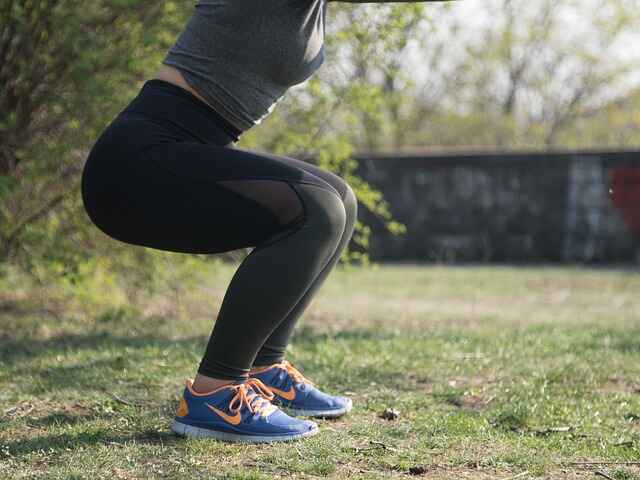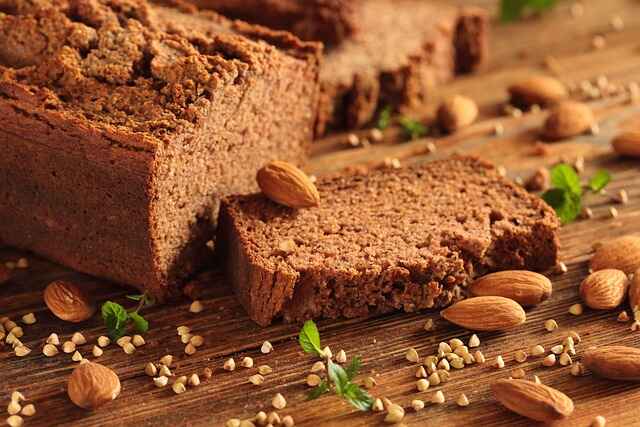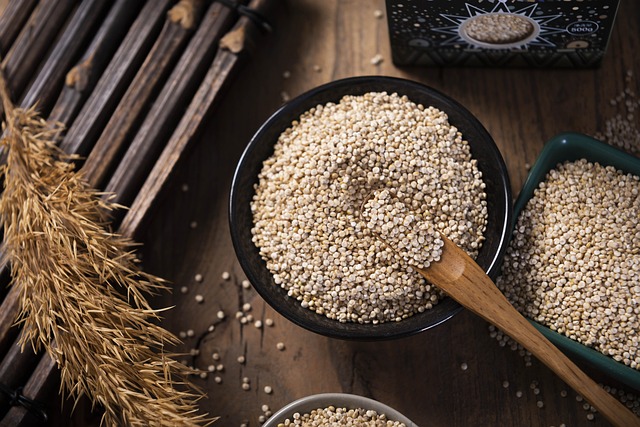Quinoa is also known by a lot of other names like “Keen-wah or ke-NO-ah,” basically it’s a grain with high nutritional value because it contains monounsaturated fatty acids, necessary amino acids, and proteins. Its low glycemic index and lack of gluten boost its health advantages – making it a superfood that is quite popular amongst new-age health freaks.
Quinoa consumption helps with weight loss because it has a lot of fibre, which makes you feel full and discourages overeating. Additionally, by lowering lipid uptake and raising energy consumption, it has anti-obesity properties.
Hair care products frequently contain quinoa. Quinoa’s high protein content feeds and strengthens hair follicles. Quinoa’s minerals help in locking in moisture and avoiding dandruff. Let’s know about the health benefits of Quinoa –
Nutrition Profile Value Of Quinoa (Cooked) per 100 g
As per USDA, the nutrition value of 100g cooked quinoa is as follows
- Fiber 2.8g
- Carbohydrates (g/100g) 21.3g
- Protein 4.4g
- Calcium 17mg
- Iron 1.49mg
- Magnesium 64mg
- Potassium 172mg
- Phosphorus 152 mg
- Zinc 1.09mg
- Selenium 2.8 µg
- Folate 42 µg
Quinoa has a high content of D-xylose and maltose and a low content of glucose and fructose.
Check out the Food Nutrients section on Health Views Online where we talk in detail about different vitamins and minerals.
Health Benefits Of Using Quinoa Seeds
Regulates Blood Sugar: A Healthy Option for Diabetics
Quinoa’s low glycemic index (GI) is a critical factor that benefits people with diabetes. The GI measures how quickly a carbohydrate-containing food raises blood sugar levels after consumption. Foods with a high GI cause rapid spikes in blood sugar, which can be problematic for individuals with diabetes. Quinoa, on the other hand, has a low GI (53), which means it has a slow and steady impact on blood sugar levels. This results in a more gradual increase in blood glucose, helping to avoid sudden spikes and crashes. (Source)
Advantages of Quinoa for Obesity
Due to its high fibre-and low-fat content, quinoa is advantageous for those who suffer from obesity. By providing a sense of fullness and lowering cravings, it helps people avoid overeating. It is low in calories and contains a specific ingredient (20-Hydroxyecdysone) that promotes increased calorie burning and weight loss. (source)
Also Read: Health Benefits Of Asparagus: Nutrition, Facts, Precautions & Warnings

Bone Health: Prevention for Osteoporosis
Quinoa is a good source of minerals like magnesium, phosphorus, and calcium, which are essential for maintaining strong and healthy bones. Consuming foods rich in calcium, magnesium, and phosphorus, such as quinoa, is a preventive measure against osteoporosis. This condition is characterized by the gradual weakening of bones and increased susceptibility to fractures. A diet that includes these bone-boosting minerals can help reduce the risk of osteoporosis, particularly as individuals age. (Source)
Benefits of Quinoa for Menopausal symptoms
After-menopausal health issues including hot flushes may be better managed with quinoa. It has a specific component (20-Hydroxyecdysone) that enhances the body’s metabolic processes. Additionally, it helps control postmenopausal weight gain in women by lowering total cholesterol and serum triglyceride levels.
Quinoa for weight loss
Quinoa’s low calorie and high fiber content make it a healthy food for weight loss. According to studies, eating Quinoa makes you feel fuller for longer and even lessens your cravings, which prevents overeating. High-fiber foods add weight to the stool and require longer to digest. This facilitates weight loss and enhances digestion. (source)
Can Quinoa Lower Cholesterol and Triglyceride?
One of the superfoods, Quinoa is beneficial for people having high cholesterol and High triglyceride individuals. According to studies, consuming Quinoa may help individuals to lower blood triglyceride, low-density lipoprotein (LDL or bad cholesterol), and total cholesterol levels. So, in a way, it helps in metabolic health. (source)
Quinoa Seeds Helps In Treating Gluten Problems
Because it is naturally gluten-free, quinoa is a wholesome option for anyone who needs to or wishes to eliminate gluten from their diet. ( source) especially those who are gluten intolerant with celiac disease and non-celiac gluten sensitivity and want to follow a gluten-free diet must pick gluten-free substitutes for grains like wheat and barley

Precautions and Side Effects That You Should Take Before Consuming Quinoa Seeds
Tips from Professionals
Quinoa may cause allergies in certain persons who are sensitive to rice, wheat, or buckwheat. As a result, it is advised to take quinoa in accordance with a doctor’s or dietician’s recommendations
Allergy
Some people may experience adverse responses from quinoa (known as Quinoa allergy). Therefore, it is advised to speak with your doctor before consuming Quinoa.
Pregnancy
Although there isn’t enough data to make a firm conclusion, it is nevertheless suggested to speak with a doctor before using quinoa while pregnant.





